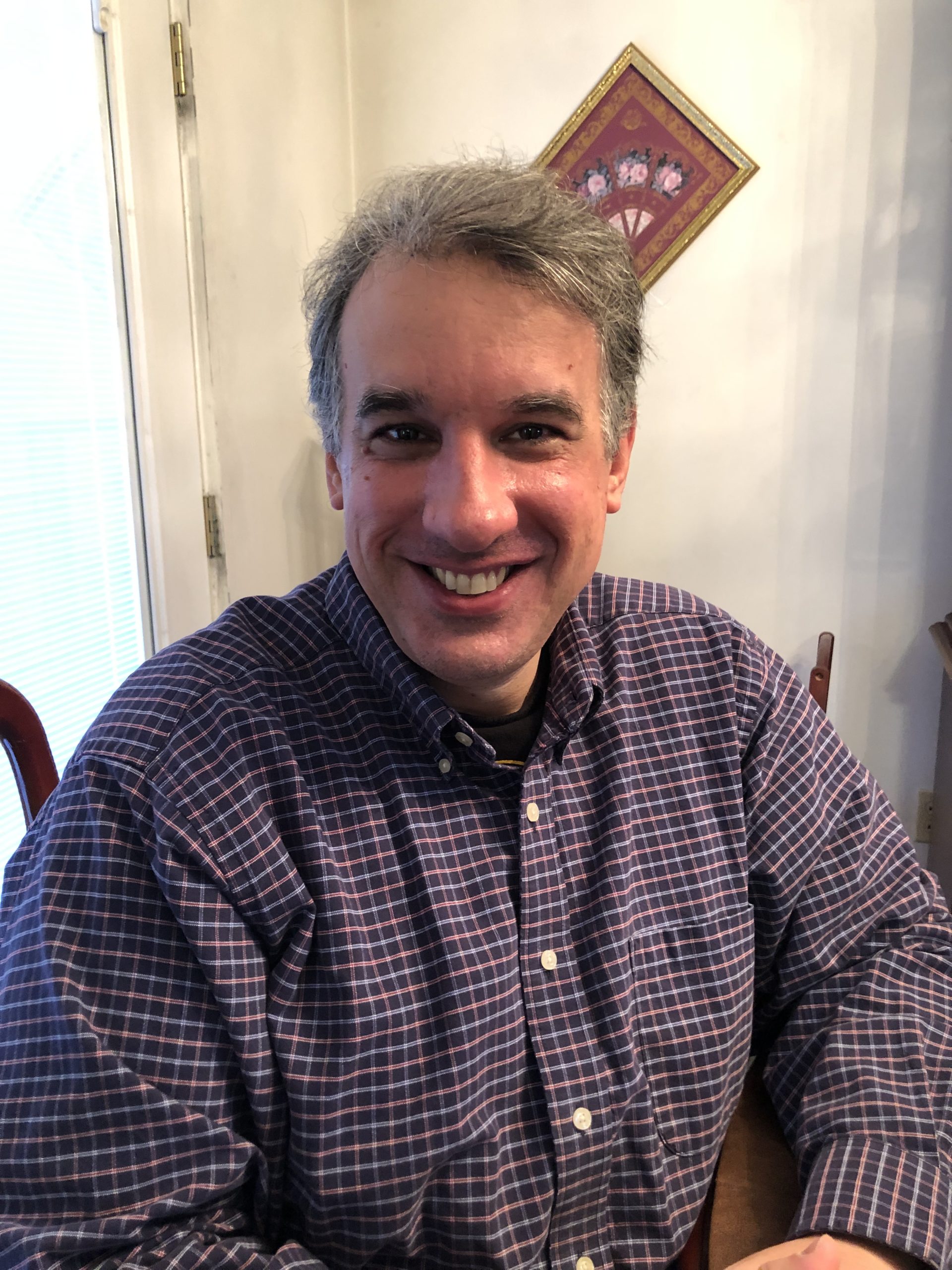
Leftist “educators” have indoctrinated several generations of American students into believing a false “oppressor-oppressed” narrative of U.S. history.
That dichotomous narrative — false because overly simplistic — would reduce the great Genoese explorer Christopher Columbus to a mere invader, an agent of exploitation and a harbinger of genocide.
The annual return of Columbus Day should encourage us to resist such historical and civic malpractice.
Two basic reasons induce us to defend both Columbus and the holiday Americans have long devoted to his commemoration.
First, Columbus and his monumental legacy do not fit the oversimplified narrative.
For William J. Connell, the La Motta Chair in Italian Studies at Seton Hall University, Columbus’ unprecedented and consequential achievement makes all the difference.
”It’s a question of the contact that matters” Connell said in a 2000 interview with The New York Times. Indeed, Columbus’ arrival in the New World constitutes the moment “where we as a country and as a hemisphere began our identity.”
Furthermore, as a historical figure Columbus defied the simple leftist caricature of a greedy and evil European. He did not set out to enslave and exploit natives.
As John Hirschauer observed in a 2019 National Review essay, Columbus did have detractors in his day.
Do you celebrate Columbus Day?
Yes: 86% (6 Votes)
No: 14% (1 Votes)
For instance, Francisco de Bobadilla, Columbus’ “foremost political adversary,” compiled what Hirschauer called “salacious and uncorroborated allegations” against the explorer. Today, those allegations constitute the “corpus of the modern revisionist’s attack” on Columbus.
The Catholic writer Gerald Korson, however, noted that one prominent contemporary wrote glowingly of the explorer. Bartolomé de las Casas, perhaps the most famous chronicler of Spain’s early experience in the New World, described the “sweetness and benignity” of Columbus’ character.
Korson also cited the work of Carol Delaney, former Stanford and Brown University professor. According to Delaney, Columbus regarded the Indians as “very intelligent” and maintained generally “benign” relations with them.
Delaney’s broader defense of Columbus involves a rejection of the modern tendency to oversimplify his legacy.
“The dominant picture holds him responsible for everything that went wrong in the New World,” she wrote.
Our second reason for defending both Columbus and his holiday has to do with the lies we must believe in order to accept the modern leftist historical narrative.
Many people would replace Columbus Day with something they call “Indigenous Peoples’ Day.”
This is sheer patronizing nonsense.
For one thing, as Connell explained in 2020, the original Columbus Day — proclaimed Oct. 12, 1892, by President Benjamin Harrison, recognized “both Native Americans, who were here before Columbus, and the many immigrants who were then coming to this country in astounding numbers.”
More importantly — in my view, far more importantly — the so-called “Indigenous Peoples” never viewed themselves as “Indigenous Peoples.”
That fact alone carries such significance that without it the entire history of the European colonization era makes no sense.
Hernan Cortes and his Spanish conquistadors would never have toppled the vast and mighty Aztec Empire in 1521 without decisive support from weaker tribes whom the Aztecs had treated as vassals and fit subjects for human sacrifice.
On Good Friday in 1622, Opechancanough, paramount chief of the Powhatan Confederacy, launched a surprise attack that nearly wiped out English settlements in Virginia. A friendly Indian boy sounded the alarm and saved Jamestown from annihilation.
During King Philip’s War of 1675-76, the combined forces of the Wampanoags and Narragansetts inflicted heavy casualties on New England. From the west, the Mohawk came to the aid of the English.
In short, every major colonial conflict, including the French and Indian War (1754-63), involved a mixture of Europeans and their Indian allies.
After the American Revolution, President Thomas Jefferson called for Indians and white Americans to become part of the same nation.
“In truth the ultimate point of rest & happiness for them is to let our settlements and theirs meet and blend together, to intermix and become one people, incorporating themselves with us as citizens of the US,” Jefferson wrote in a private letter in 1803.
Europeans and Indians did intermarry. They learned from one another. In many places, they coexisted for decades without conflict.
Indians made war on other Indians just as Europeans made war on other Europeans.
One wonders, in fact — at least, I have often wondered — how the history of the New World might have been different were it not for the exchange of microbes that decimated Indian populations.
There still would have been war, exploitation, slavery and all other crimes that occurred in that era. But those things have occurred in every era. Contact between Europeans and Indians did not introduce misery into human experience.
Had European diseases not produced an Indian biological apocalypse, would anything have changed? Might the sheer size of Indian communities have forced Europeans to engage with their neighbors on terms of mutual interest or even to amalgamate as Jefferson hoped?
We need not be pollyannish about it, of course. Even under the best of Earthly conditions, Indians and Europeans eventually would have slaughtered one another as we do now.
Neither, though, should we indulge in any “Conquest of Paradise” rubbish. Pre-contact Native America bore no resemblance to the utopia of leftist imaginations.
For good and ill, Columbus brought two worlds together.
We should acknowledge and commemorate that achievement in both thoughtful and truthful ways.







